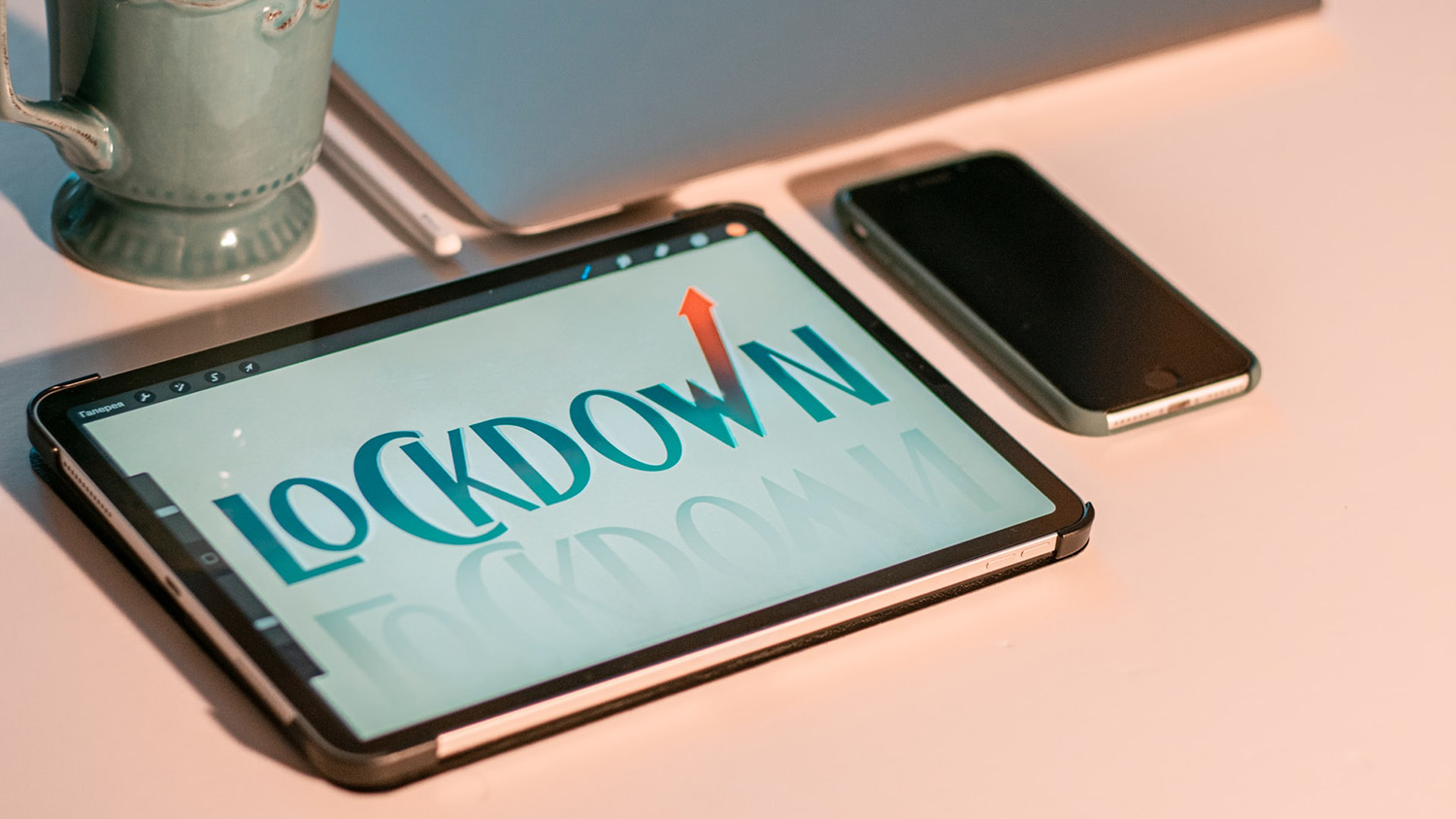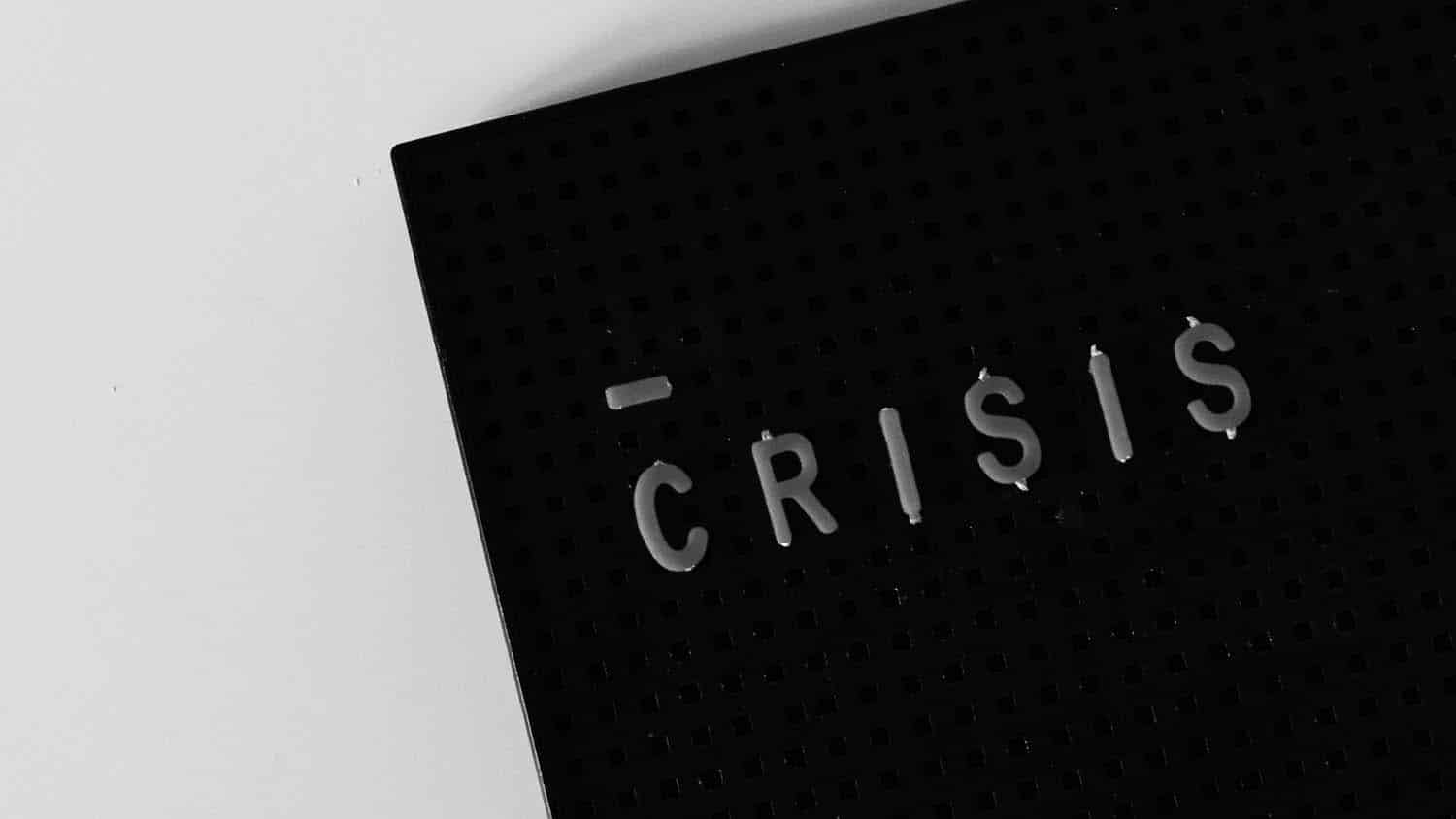Study Highlights What Makes COVID Misinformation So Tough to Stop on Social Media

For Immediate Release
A recent study highlights two of the reasons that misinformation about COVID-19 is so difficult to tackle on social media: most people think they’re above average at spotting misinformation; and misinformation often triggers negative emotions that resonate with people. The findings may help communicators share accurate information more effectively.
“This study gives us more insight into how users respond to misinformation about the pandemic on social media platforms,” says Yang Cheng, first author of the study and an assistant professor of communication at North Carolina State University. “It also gives us information we can use to share accurate information more effectively.”
For this study, researchers conducted a survey of 1,793 U.S. adults. The survey asked a range of questions designed to address four issues: the extent to which study participants felt they and others were affected by COVID misinformation online; the extent to which misinformation triggered negative emotions; their support for government restrictions on social media and misinformation; and their support for media literacy training and other corrective actions.
One of the most powerful findings was that study participants overwhelmingly thought that other people were more vulnerable to misinformation. This phenomenon is known as the “third-person effect,” which predicts that people perceive media messages as having a greater effect on others than on themselves.
“This makes it harder to get people to participate in media literacy education or training efforts, because it suggests that most people think everyone else needs the training more than they do,” Cheng says.
The researchers also found that content containing misinformation was likely to evoke negative emotions such as fear, worry and disgust. That’s troubling for two reasons.
“First, people are likely to act on content that evokes negative emotions, and that includes sharing information on social media,” Cheng says. “Second, messages that are focused on emotions are more easily transmitted on social media than content that is neutral – such as abstract scientific information.”
However, Cheng also notes that science communicators could make use of this information.
“Since fear, worry, or other negative emotions can facilitate information seeking, or encourage people to avoid specific behaviors during a crisis, communicators may want to consider using these emotional messages to convey accurate information about COVID-19 and public health.”
The researchers also found that the better an individual thought he or she was at detecting misinformation in relation to everyone else, the more likely that individual was to support both government restrictions on misinformation and corrective actions, such as media literacy education. Participants who experienced negative emotions were also more likely to support government restrictions.
The paper, “The Presumed Influence of Digital Misinformation: Examining U.S. Publics’ Support for Governmental Restrictions versus Corrective Action in the COVID-19 Pandemic,” appears in the journal Online Information Review. The paper was co-authored by Yunjuan Luo of the South China University of Technology.
-shipman-
Note to Editors: The study abstract follows.
“The Presumed Influence of Digital Misinformation: Examining U.S. Publics’ Support for Governmental Restrictions versus Corrective Action in the COVID-19 Pandemic”
Authors: Yang Cheng, North Carolina State University; Yunjuan Luo, South China University of Technology
Published: Dec. 2, Online Information Review
DOI: 10.1108/OIR-08-2020-0386
Abstract:
Purpose: Informed by the third-person effects (TPE) theory, this study aims to analyze restrictive versus corrective actions in response to the perceived third-person effects of misinformation on social media in the U.S.
Design/methodology/approach: We conducted an online survey among 1,793 adults in the U.S. in early April. All participants were randomly enrolled in this research through a professional survey company. The structural equation modeling via Amos 20 was adopted for hypothesis testing.
Findings: Results indicated that individuals also perceived that others were more influenced by misinformation about COVID-19 than they were. Further, such a perceptual gap was associated with public support for governmental restrictions and corrective action. Negative affections toward health misinformation directly affected public support for governmental restrictions rather than corrective action. Support for governmental restrictions could further facilitate corrective action.
Originality: This study examined the applicability of third-person effects theory in the context of digital health misinformation during a unique global crisis. It explored the significant role of negative affections in influencing restrictive and corrective actions. Practically, this study offered implications for information and communication educators and practitioners.
This post was originally published in NC State News.
- Categories:


